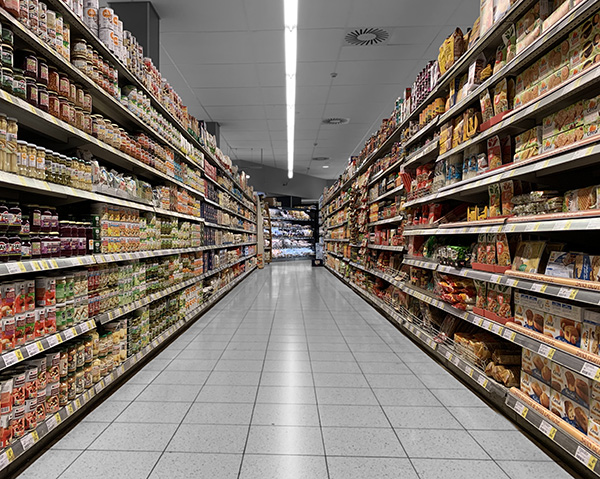In today's fast-paced world, convenience foods have become a staple in many people's diets. These pre-packaged, ready-to-eat meals and snacks offer quick and easy solutions for busy individuals. However, there is growing concern about the impact of convenience foods on our health. In this article, we will delve into the topic and explore the question: Are convenience foods unhealthy?
- The Rise of Convenience Foods:
Convenience foods have gained popularity due to their convenience, time-saving nature, and extended shelf life. They encompass a wide range of products, including frozen meals, canned goods, processed snacks, and fast food. The food industry has capitalized on the demand for quick and effortless meals, but at what cost to our health? - Nutritional Deficiencies:
One of the primary concerns with convenience foods is their poor nutritional profile. These foods are often high in calories, unhealthy fats, sodium, and added sugars, while lacking essential nutrients like vitamins, minerals, and fiber. Regular consumption of such foods can lead to imbalances in our diet and contribute to various health issues, including obesity, heart disease, and diabetes. - Hidden Additives and Preservatives:
To enhance flavor, texture, and shelf life, convenience foods are loaded with additives and preservatives. These substances, such as artificial flavors, colors, and preservatives, may have adverse effects on our health. Some additives have been linked to allergies, hyperactivity in children, and even certain types of cancer. It is crucial to be aware of the ingredients listed on the packaging and make informed choices. - Excessive Sodium Content:
Convenience foods are notorious for their high sodium content. Excessive sodium intake can lead to hypertension, water retention, and increased risk of cardiovascular diseases. It is essential to monitor our sodium intake and opt for healthier alternatives or home-cooked meals whenever possible. - Lack of Fresh Ingredients:
Convenience foods often lack fresh, whole ingredients. Instead, they rely on processed and refined ingredients that are stripped of their natural nutrients. Fresh fruits, vegetables, lean proteins, and whole grains are essential for a balanced diet. By relying heavily on convenience foods, we miss out on the vital nutrients that promote good health and well-being. - Impact on Mental Health:
While convenience foods may provide immediate gratification, they can negatively impact our mental health in the long run. Research suggests a link between a poor diet and an increased risk of mental health disorders, including depression and anxiety. Opting for whole, unprocessed foods can help support our mental well-being.
Conclusion:
In conclusion, convenience foods may offer convenience and time-saving benefits, but they come at a cost to our health. The poor nutritional profile, hidden additives, excessive sodium content, and lack of fresh ingredients make convenience foods an unhealthy choice. It is crucial to prioritize whole, unprocessed foods and home-cooked meals whenever possible. By making informed choices and being mindful of our dietary habits, we can take control of our health and well-being.






+ There are no comments
Add yours